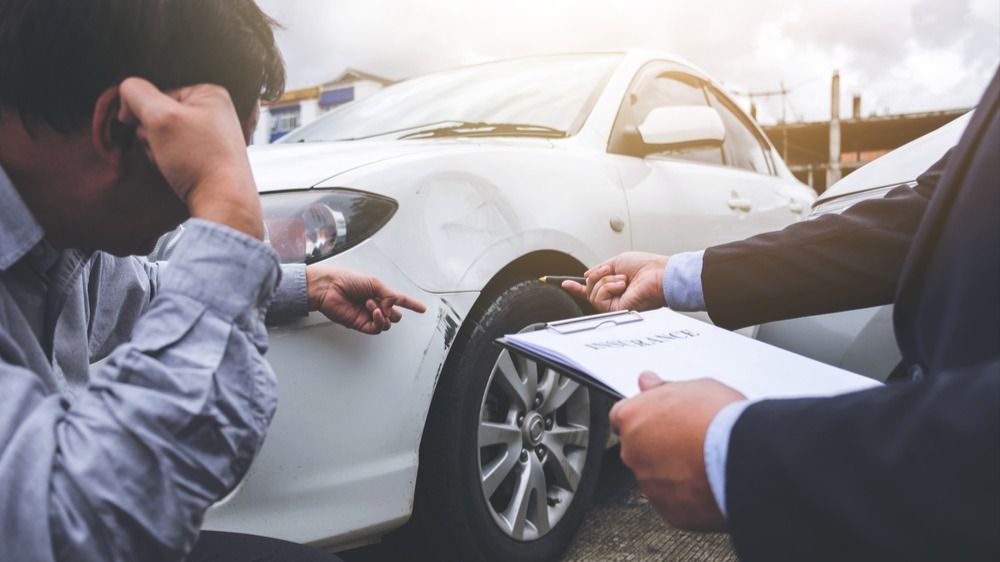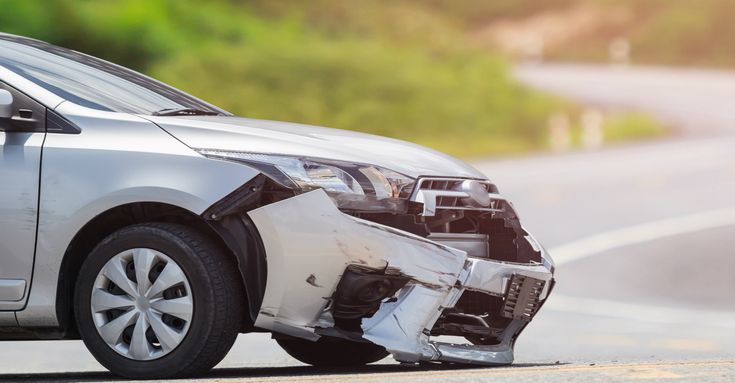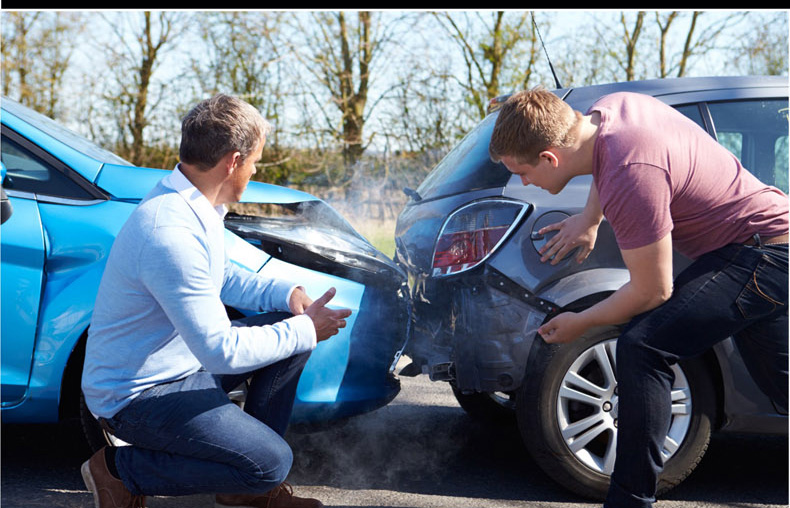Whenever you’re behind the wheel, your primary concern is likely to be maintaining control of your vehicle to avoid a collision with another vehicle or object. However, depending on how comfortable you are driving, you might feel more anxious on rural or urban roads.
Furthermore, driving on a congested highway, for example, can be more stressful than driving in town. Even for seasoned drivers, driving faster on the highway and being prepared for lane changes and cars following too closely can be stressful.
Here are some things you need to know about whether accidents occur more frequently on highways or in cities. These aspects can help you avoid an accident and get the assistance you require if you are involved in one.
Contents
Road Accidents Insights

According to federal highway data, the most dangerous roads in the country are the ones that are least traveled. Highways in rural areas have a higher fatality rate than urban roads and freeways. More than half of the 37,261 people killed in traffic accidents in the United States died in rural areas in 2013. About 23 percent of Americans live in rural areas. On rural roads, as many as ninety percent of traffic fatalities occur in some states.
Using data from the National Highway Traffic Safety Administration, we can see that rural drivers are 2.5 times more likely to die per mile traveled compared to urban drivers. Despite driving twice as many miles, urban drivers are nearly twice as likely to die in a car accident. Although it may appear counterintuitive, highway safety officials and activists have several explanations for this behavior. Those who travel on country roads do so at a higher rate of speed.
At higher speeds, they drive without seat belts. There are more of them who get behind the wheel after drinking too much and crash into something or someone. The isolation of many rural roads makes it difficult for those who are injured in car wrecks to receive timely emergency medical treatment for their injuries.
The administrator of the Federal Highway Administration Victor Mendez points out that if a driver makes an error on a rural highway, there is little room for recovery. As Mendez explains, rural highways are simply more difficult to navigate. “The lanes are lesser in width. You look at the surrounding vegetation and ditches. They most likely aren’t as far from the road as they would be on an interstate.
How Often Do Highway Crashes Occur Compare to City Crashes?
Roads in cities are called “urban,” while roads outside of cities are called “rural.” Many highways have intersections in urban areas. It is necessary for city drivers to adapt their driving styles to the different road infrastructures found in rural areas.
According to 2019 statistics from the National Highway Traffic Safety Administration, deaths on highways were higher than on rural roads. More people die in car wrecks on interstates and highways than on country roads for a variety of reasons. When driving down the road, people go much faster and do not always use seat belts.
Driving while intoxicated is more likely to cause an accident on a highway because of the increased number of motorists and bicyclists that share the road. At times, driving through cities can be more dangerous than in other places. This includes both the morning and evening rush hours. Roads are congested and people may be less attentive because they’re tired or because they’re in a rush.
Types of Automobile Crashes
Knowing the different kinds of car accidents that can happen will help you to avoid them as much as you can. Negligent driving can result in a variety of different types of auto accidents, some of which are listed below.
Head-On collisions

It occurs on the highway or in town when two vehicles collide and one driver loses control or drives the wrong way. Consequently, vehicles may collide or strike one another, potentially resulting in serious injuries and property damage.
Rear-End collisions
On rural roads, rear-end collisions are common if a vehicle suddenly stops and the vehicle behind them does not have enough time or room to safely stop in the distance. Highway traffic is no exception, as these kinds of mishaps are all too common. As a result, a collision occurs when the car following the stopped vehicle hits the rear of the stopped vehicle. Even though this type of accident is usually not fatal, it can still result in serious injuries and extensive vehicle damage.
Side-Swipe collisions
Rural roads are notorious for side-swipe collisions. This occurs when vehicles traveling in opposite directions or in the same direction collide side-by-side. But the damage done by such incidents is not always life-threatening.
T-Bone Accident
An intersection T-Bone accident occurs when one vehicle makes a turn while another is proceeding through the intersection. If this happens and vehicles collide, it could result in serious or fatal injuries. Accidents of this nature can result in serious injuries and even permanent disability if they are not treated quickly enough.
>> Read more: 5 Types of Evidence in a Car Accident Claim
Are Motorcycle Riders Affected Differently?
Motorcycle accidents are more common in states with warm climates, according to statistics and legal experts. Because the pleasant weather encourages people to spend more time on their bikes and outside. The majority of motorcycle accidents do, however, seem to take place on city and non-interstate roads, and in urban settings. Intersection accidents are less common for motorcycle riders than for car drivers. Bicycle riders, on the other hand, have a much higher risk of injury and death because they don’t have the same level of protection as car drivers.
If you’ve been hurt in a car accident or motorcycle accident. You can speak with an experienced car accident lawyer to enlighten you about your legal rights and options. Your legal counsel will go over every aspect of your case with you. And determine the best way to pursue your damages. Your attorney will also negotiate with insurance companies on your behalf. To ensure that you receive the maximum possible compensation you are entitled to coverage of your injuries, damages, and medical bills.



